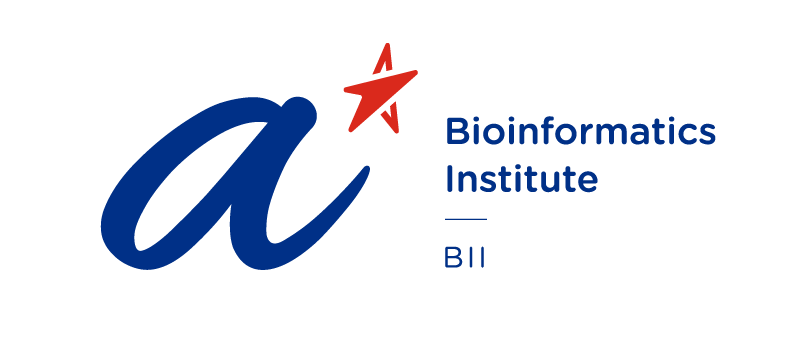Shi PY
Dengue and Zika RNA-RNA interactomes reveal pro- and anti-viral RNA in human cells
Dengue (DENV) and Zika (ZIKV) viruses are important human pathogens belonging to the Flaviviridae family of RNA viruses. DENV is known to infect around 390 million people around the world annually [1], while ZIKV causes numerous diseases including microcephaly in infants [2]. Currently, limited treatments and vaccines are available and novel strategies and targets are urgently needed to develop therapeutics to treat these diseases. To achieve this, it is important to understand host factors and how they interact with DENV and ZIKV genomes during the viral life cycle.
ReadPositive-strand RNA viruses—a Keystone Symposia report
Positive-strand RNA viruses have been the cause of several recent outbreaks and epidemics, including the Zika virus epidemic in 2015, the SARS outbreak in 2003, and the ongoing SARS-CoV-2 pandemic.
ReadMolecular basis of dengue virus serotype 2 morphological switch from 29°C to 37°C
The ability of DENV2 to display different morphologies (hence different antigenic properties) complicates vaccine and therapeutics development. Previous studies showed most strains of laboratory adapted DENV2 particles changed from smooth to “bumpy” surfaced morphology when the temperature is switched from 29°C at 37°C.
Read